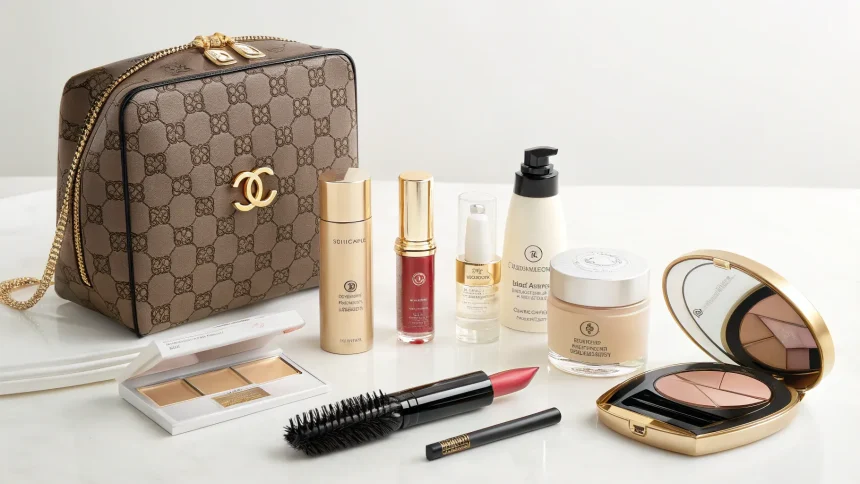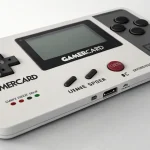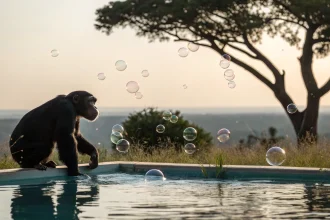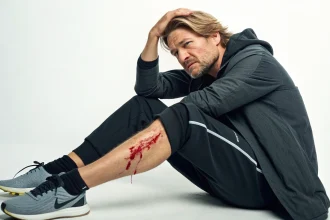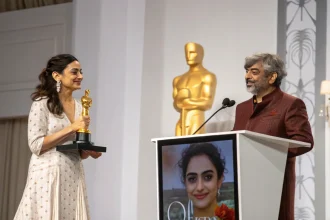Luxury beauty products are making waves across the market, with high-end skin care, popular makeup, premium hair care, and sought-after beauty tools leading consumer interest. The most exclusive products in these categories have gained significant attention from beauty enthusiasts and industry professionals alike.
Premium Beauty Categories Seeing Growth
The luxury beauty sector continues to show strong performance across multiple product categories. High-end skin care remains a cornerstone of the premium beauty market, with consumers willing to invest in quality formulations that promise results.
Makeup products that gain viral status through social media platforms have become major drivers in the luxury segment. These items often sell out quickly after receiving attention on platforms like TikTok and Instagram, where beauty influencers showcase their effects and application techniques.
Premium hair care has also carved out a substantial portion of the luxury beauty market. Consumers are increasingly treating their hair care routines with the same attention previously reserved for facial skin care, investing in specialized treatments, oils, and styling products.
Beauty Tools Gain Cult Status
Beauty tools have emerged as a particularly strong category within the luxury market. Devices like facial rollers, gua sha stones, LED light therapy masks, and high-tech hair styling tools have developed dedicated followings.
These products often achieve “cult favorite” status when they combine:
- Visible results that consumers can document
- Unique technology or application methods
- Strong word-of-mouth recommendations
The most successful beauty tools typically offer solutions to common concerns while providing an elevated experience compared to mass-market alternatives. This combination has proven particularly effective at commanding premium prices.
Market Trends and Consumer Behavior
Beauty consumers are showing increased willingness to invest in products they perceive as best-in-class. This trend spans across age demographics, though marketing approaches differ significantly between generations.
Younger consumers often discover luxury beauty products through social media, while more established customers may rely on beauty counter experiences and magazine recommendations. Both groups show strong brand loyalty when products deliver on their promises.
“The most exclusive beauty products create an experience beyond just results,” notes one industry analyst. “Consumers want the packaging, scent, texture and application to feel special.”
Luxury beauty brands are responding by focusing on sensory aspects of their products alongside efficacy claims. This holistic approach to product development has proven successful in maintaining premium positioning in an increasingly crowded market.
As competition intensifies, brands that can establish themselves as category leaders stand to gain significant market share. The most successful products often cross from luxury status into cultural phenomena, driving both immediate sales and long-term brand value.


